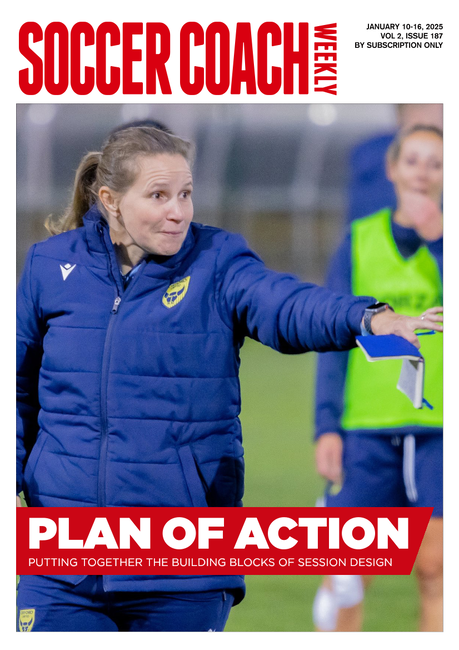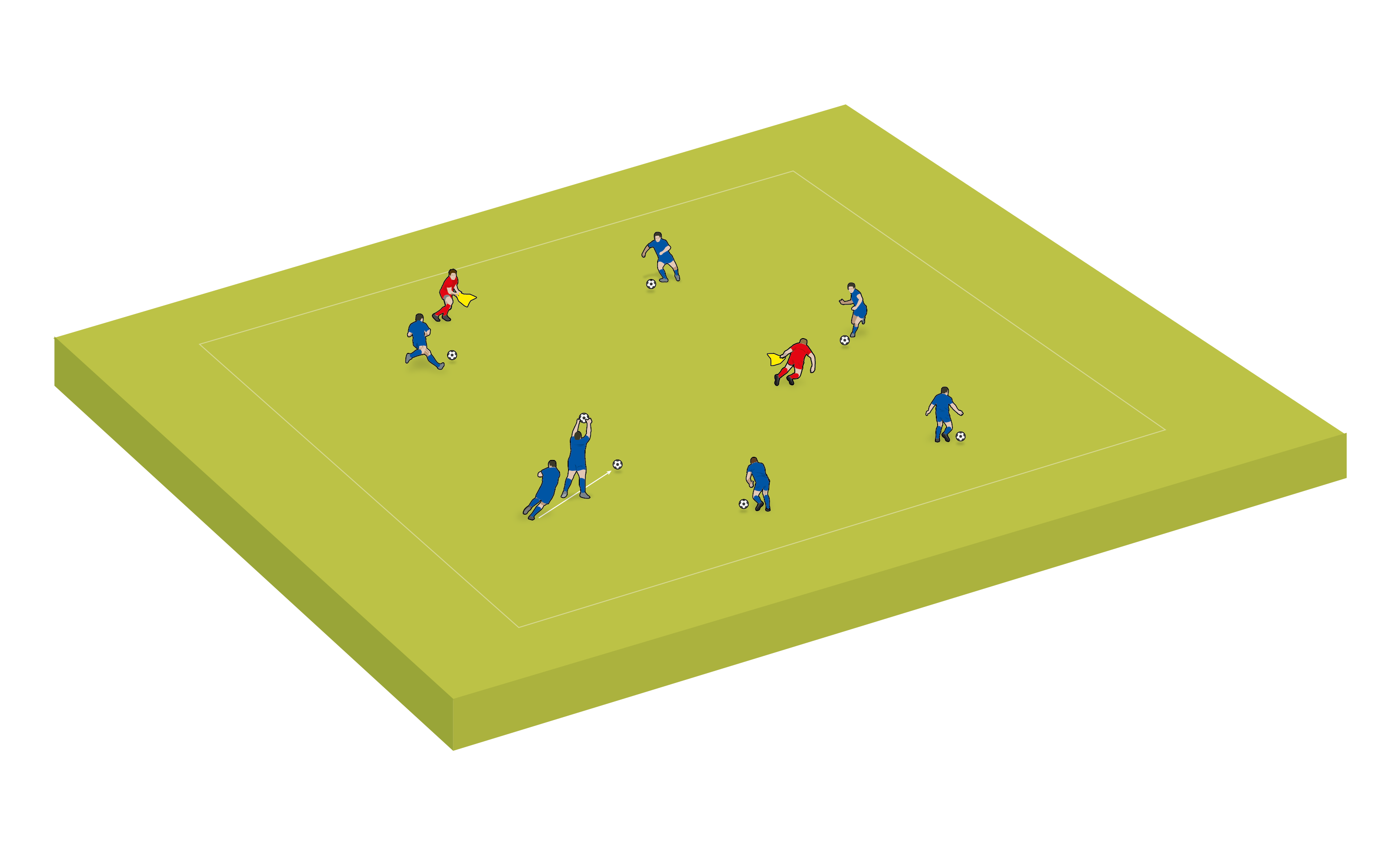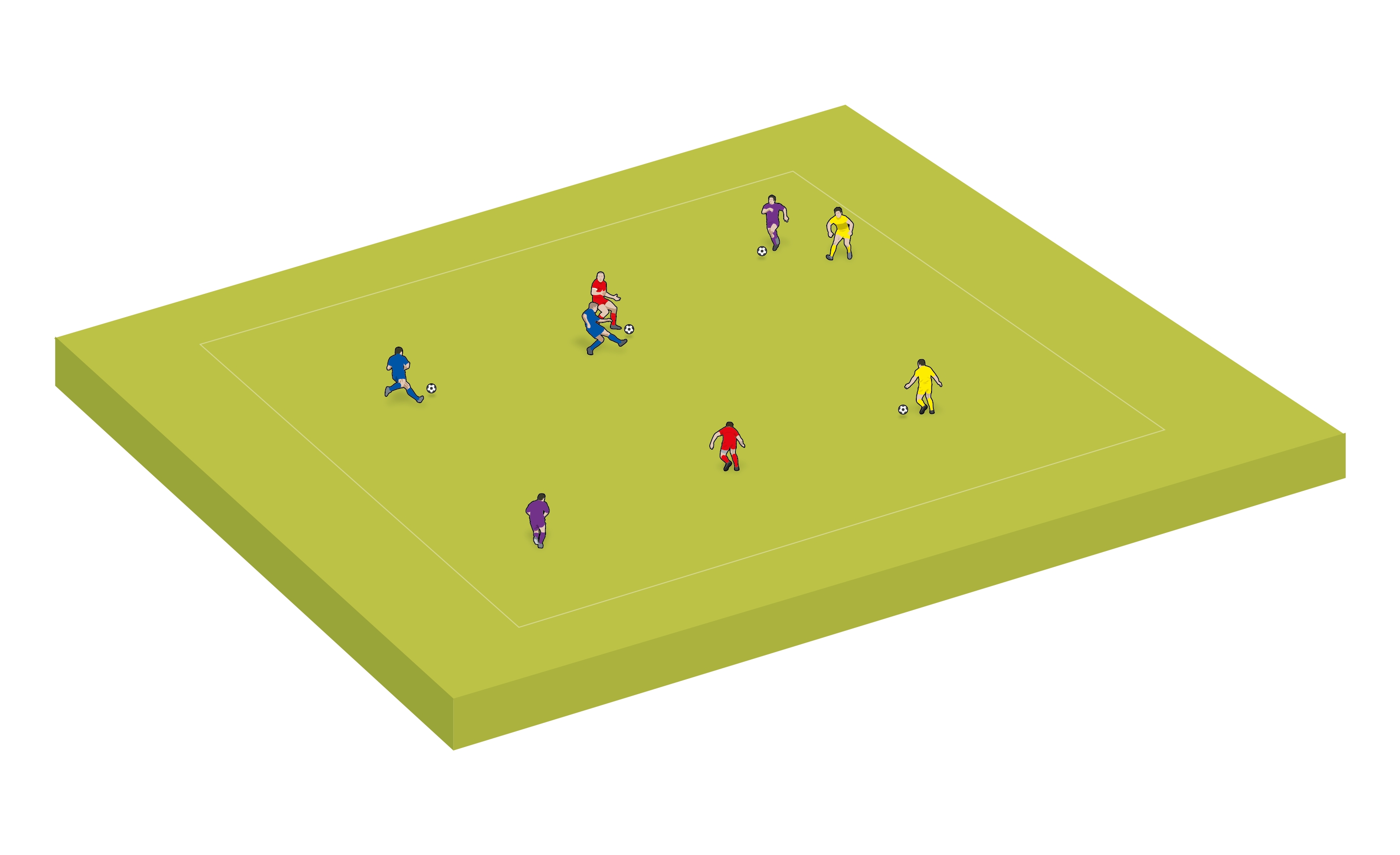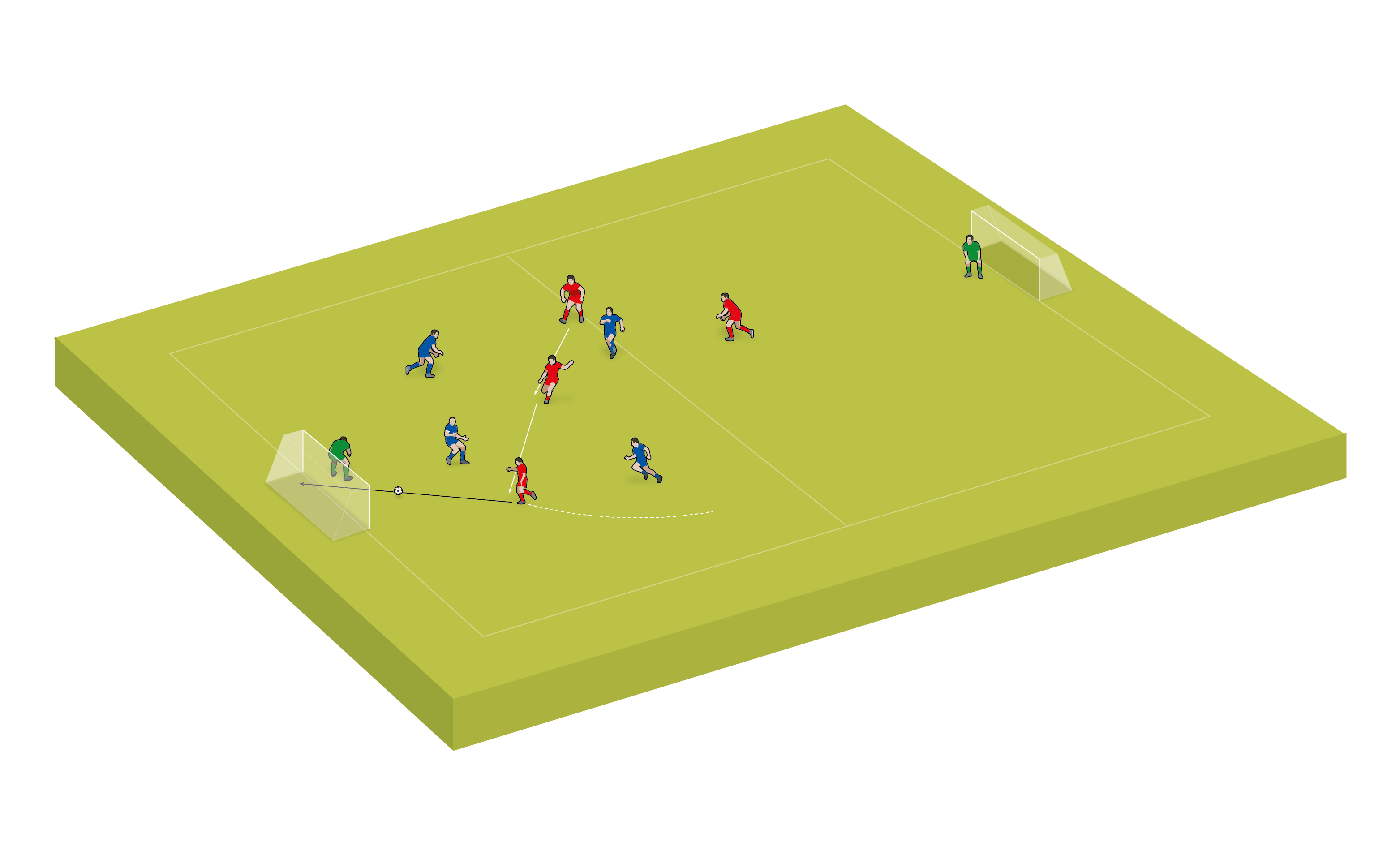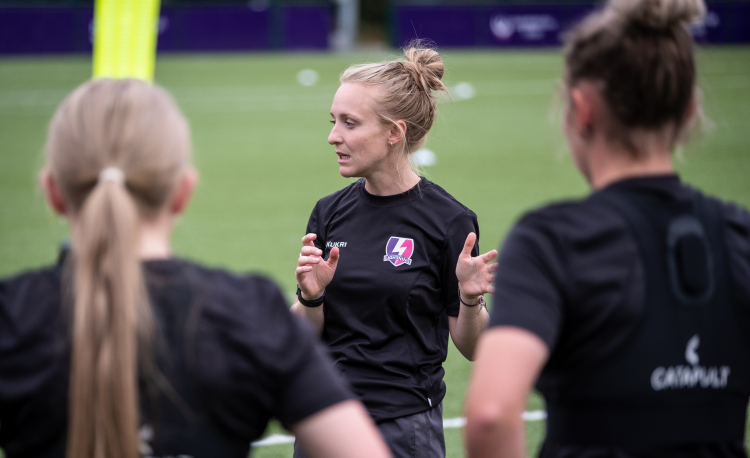Keep calm on the touchline
Coaching Adviceby Dan Abrahams
Manchester City becoming the champions of Europe was extinguished in the reverberations from two minutes of self-immolating fury from Pep Guardiola at the Etihad. Sport psychologist Dan Abrahams offers you six tips to help you manage your anger.
Manchester City becoming the champions of Europe was extinguished in the reverberations from two minutes of self-immolating fury from Pep Guardiola at the Etihad. Sport psychologist Dan Abrahams offers you six tips to help you manage your anger.
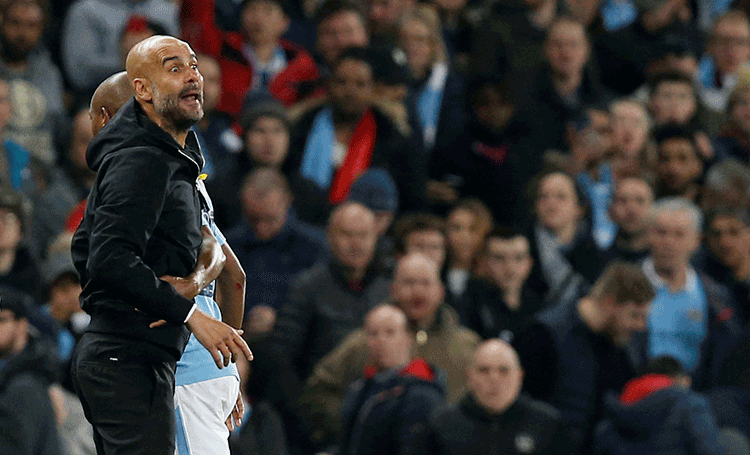
Pep Guardiola is held back by Gabriel Jesus as Manchester City lost to Liverpool in the Champions League
It would of course be wrong to dwell on Pep Guardiola’s red card at half time for abusive language to the referee as a turning point in a tie that saw Liverpool deserved winners against Manchester City in the Champions League quarter finals.
But that red card came at City’s best moment in this tie, at the end of a thrilling first half that had Guardiola’s team gliding through that high-spec automatic gearbox, 1-0 up in a game they could have been winning by at least one goal more – the reason for Guardiola’s irritation.
With 42 minutes gone Leroy Sané had bundled the ball into the net, only for the goal to be disallowed incorrectly, for offside. At which point Pep was not happy and got sent off.
And his team lost the tie and it was not ideal that Jurgen Klopp orchestrated his team Liverpool from the touchline while Guardiola was stuck in the stands without being able to urge his players on. And they lost over two legs 5-1.
So how do you go about staying calm when you feel aggrieved?
Understanding your front brain
What are the key skills of a football coach or manager? People skills? Tactical understanding and implementation? Whatever you put at the top of the list you can guarantee that the skill you pick is governed by the front part your brain – the intelligent brain. What we know in science is that your front brain will tend to switch off in times of extreme stress and emotion.
This is why the great basketball coach Phil Jackson said that he never allowed his pulse rate to get over a hundred during a game – he didn’t want his decision-making being affected by emotion. Passion is a useful source of motivation for any coach but passion without intelligence limits your thinking ability under pressure. You need techniques to cope with the pressure of match day.
Remember what your goal is
Your goal as a soccer coach is usually twofold depending on the age group you coach. In adult football you want your team to win. In youth football you are looking to provide players with development experiences. For both remaining calm is imperative. How do teams win? Primarily through the intelligent execution of responsibilities. How can you help players do that? By a commitment to remaining calm.
You can’t advise if you suffer from the tunnel vision that excessive emotion tends to deliver. Equally, how do you best help young players enjoy their game and learn? Not by getting angry, but by remaining calm and thoughtful and by communicating effectively. Remember what you are striving to achieve on Saturday and focus on the how.
Take breaths and STOP
It’s important the remember the phenomenon of ANTs. Not the insects but Automatic Negative Thoughts (ANTs). ANTs have to be squashed on match day if you are to function as a coach effectively. They have to be crushed with immediate effect. Unsquashed ANTs build and build until you lose your temper. So if a player makes a mistake or if your team falls behind and you start to experience an infestation of ANTs – then SPOT them, STOP them and SHIFT them.
To STOP them, see a STOP sign or say STOP to yourself. SHIFT them by using a cue word like “calm” or SHIFT them by taking some deep breaths. Keep calm and carry on is a great maxim to coach by on the sidelines.
Related Files
Vol-1-Issue-363-D-Abrahams-keep-calm-on-the-touchline.pdfPDF, 142 KB
Newsletter Sign Up
Coaches Testimonials

Gerald Kearney, Downtown Las Vegas Soccer Club

Paul Butler, Florida, USA

Rick Shields, Springboro, USA

Tony Green, Pierrefonds Titans, Quebec, Canada
Subscribe Today
Discover the simple way to become a more effective, more successful soccer coach
In a recent survey 89% of subscribers said Soccer Coach Weekly makes them more confident, 91% said Soccer Coach Weekly makes them a more effective coach and 93% said Soccer Coach Weekly makes them more inspired.
*includes 3 coaching manuals
Get Weekly Inspiration
All the latest techniques and approaches
Soccer Coach Weekly offers proven and easy to use soccer drills, coaching sessions, practice plans, small-sided games, warm-ups, training tips and advice.
We've been at the cutting edge of soccer coaching since we launched in 2007, creating resources for the grassroots youth coach, following best practice from around the world and insights from the professional game.
